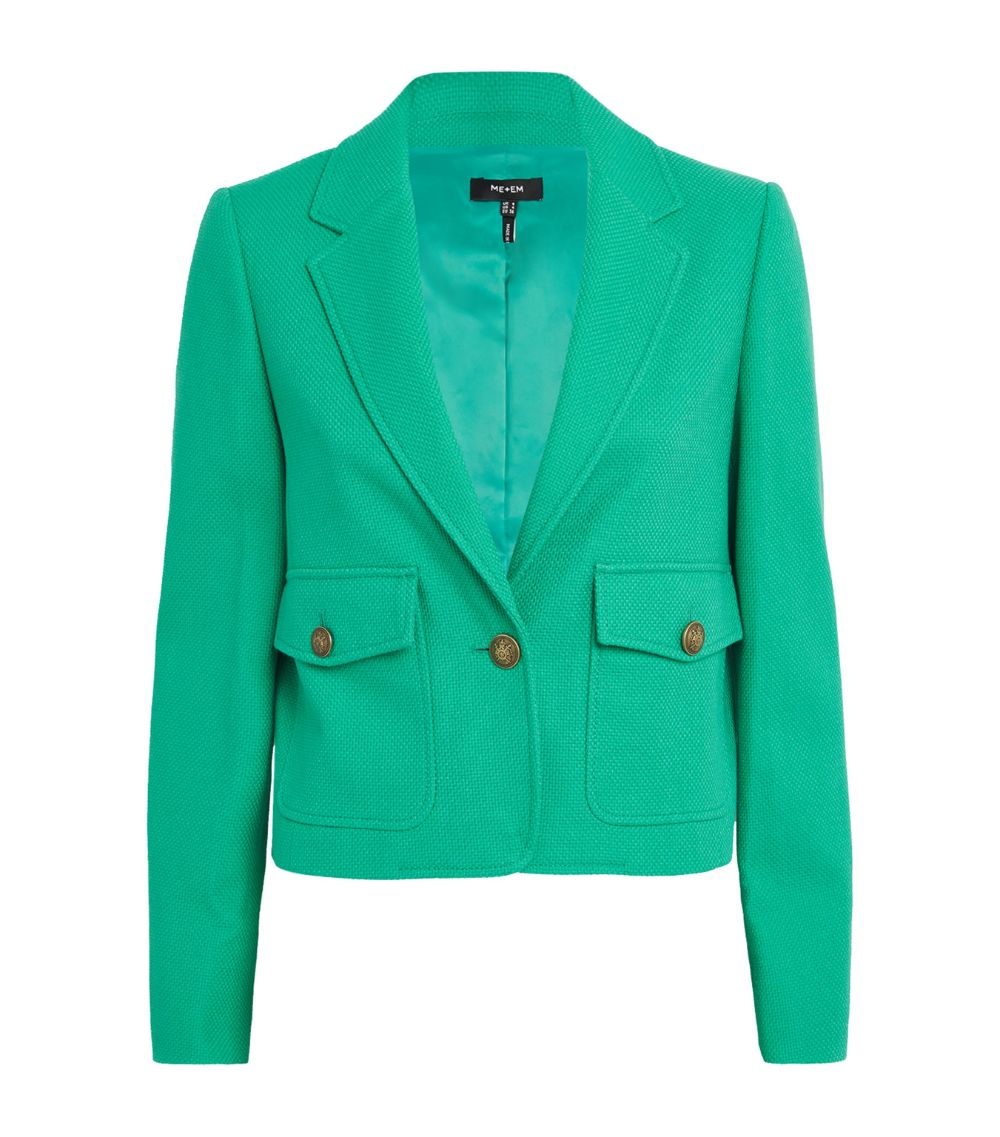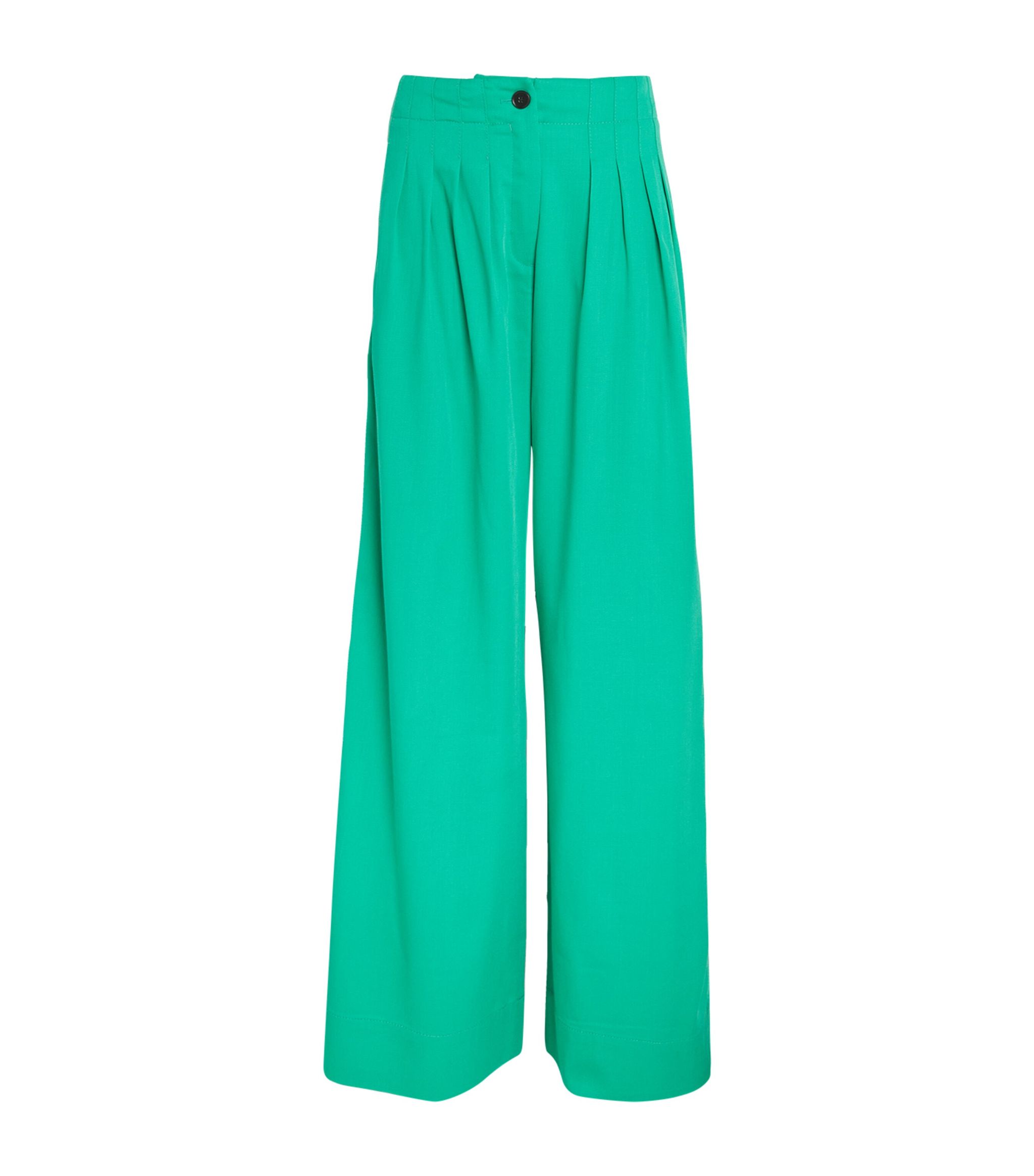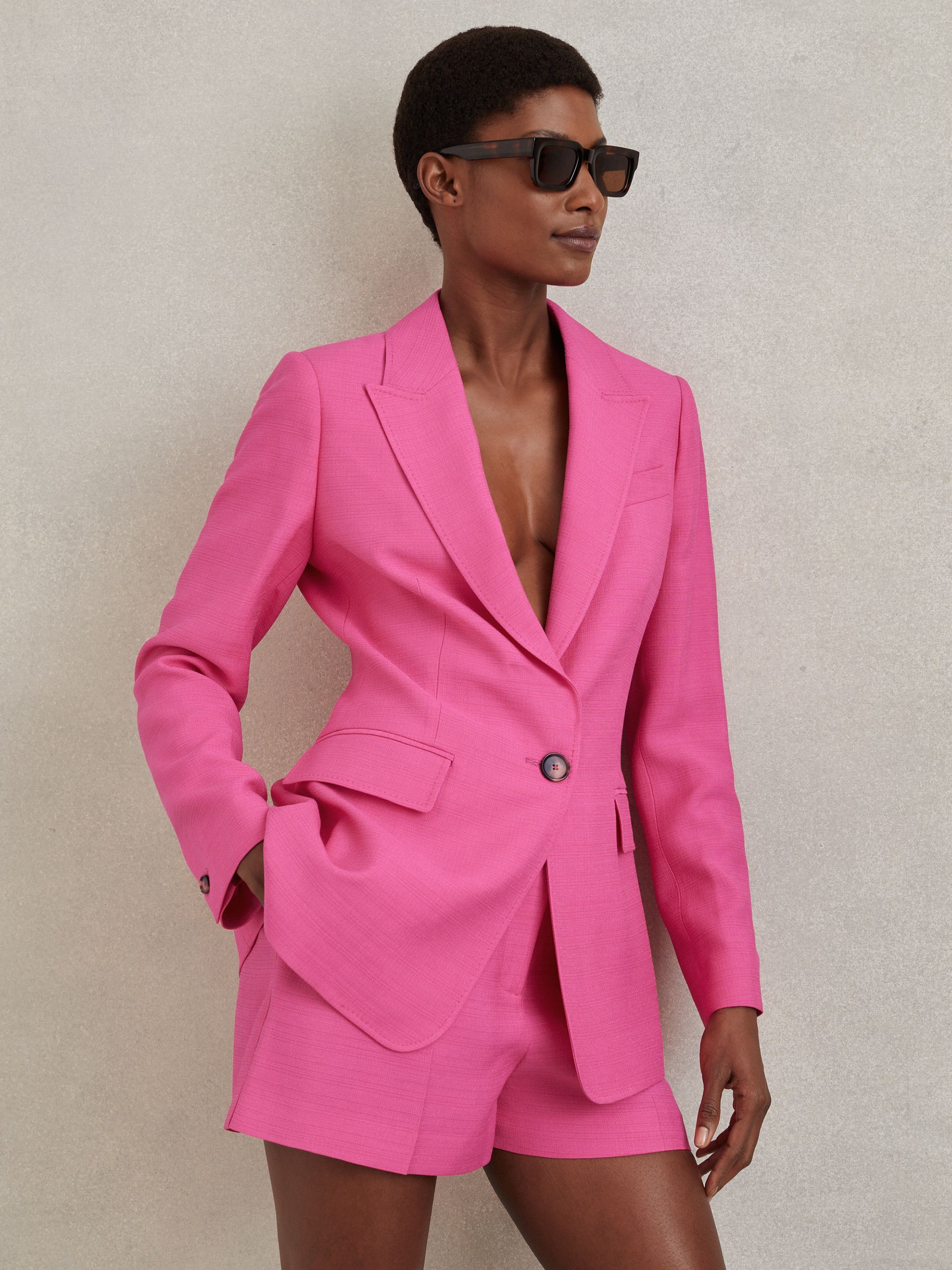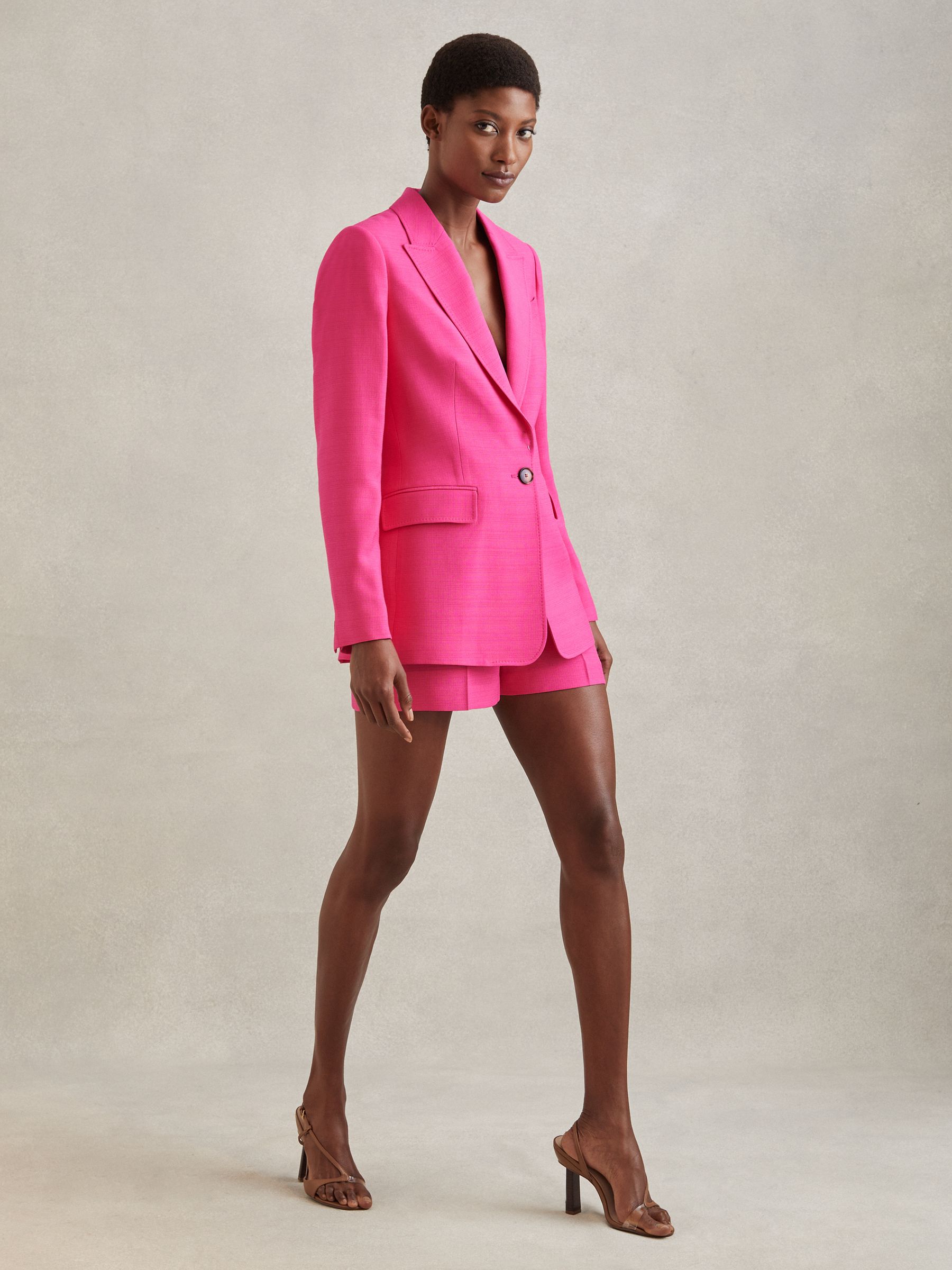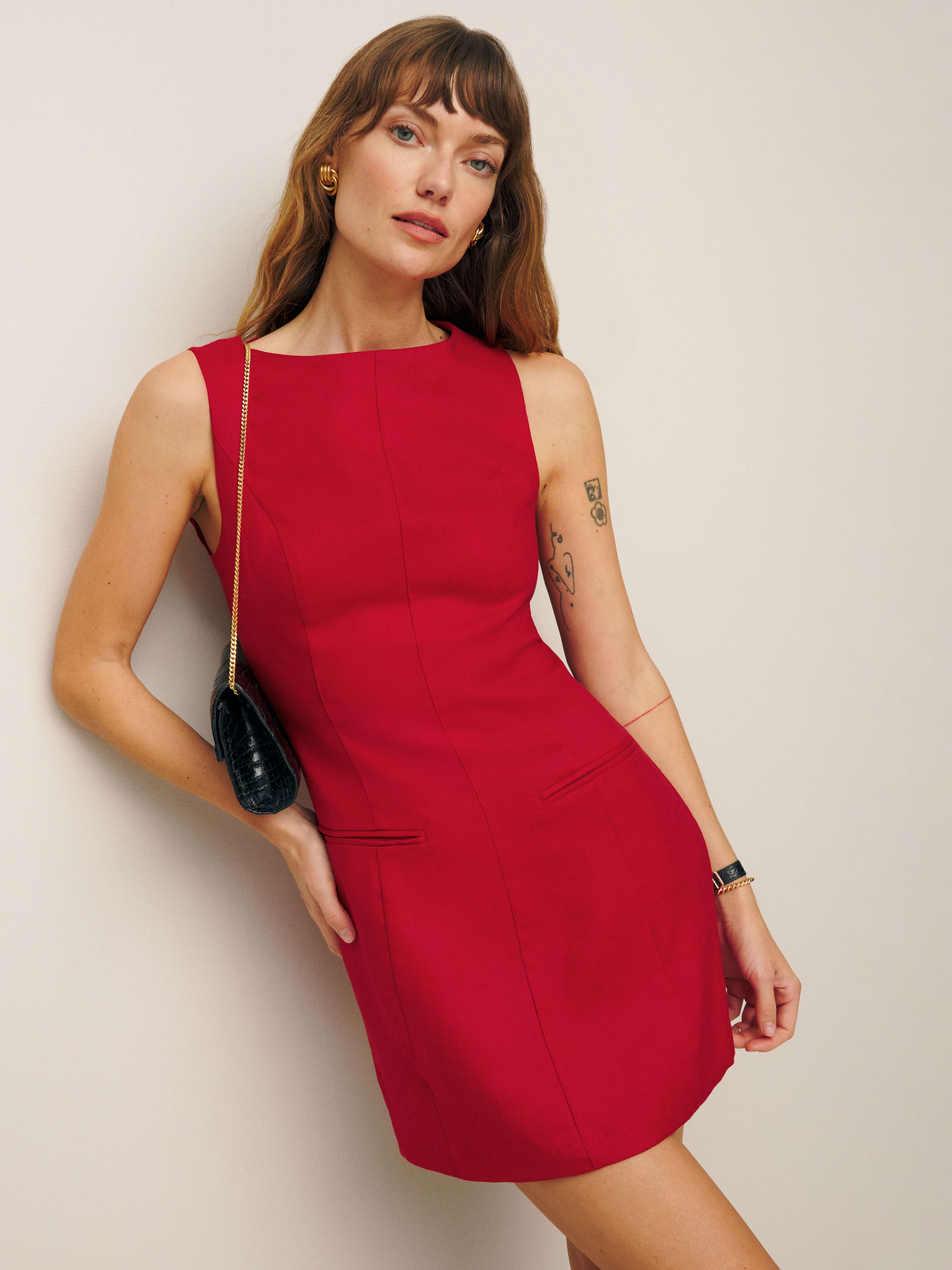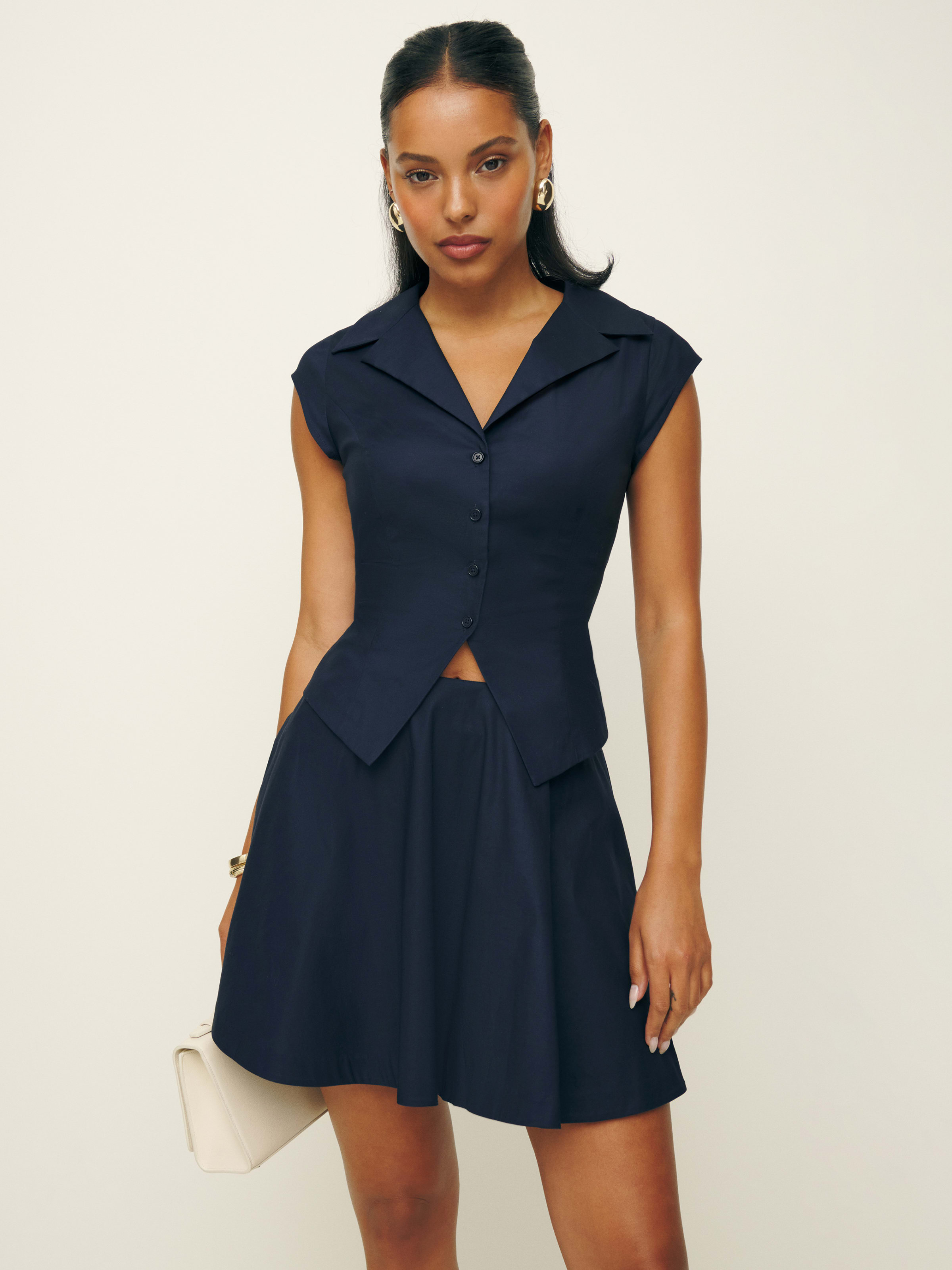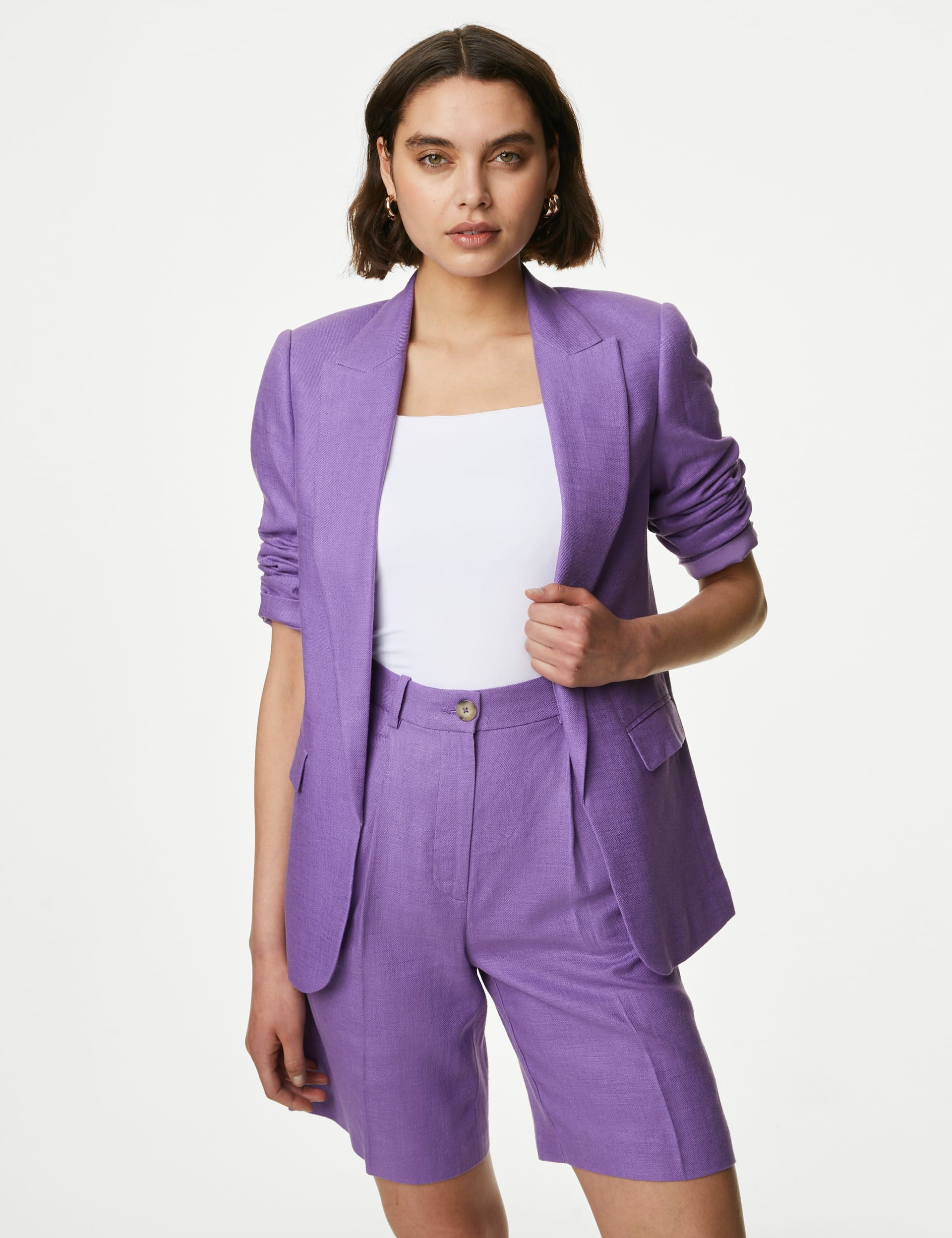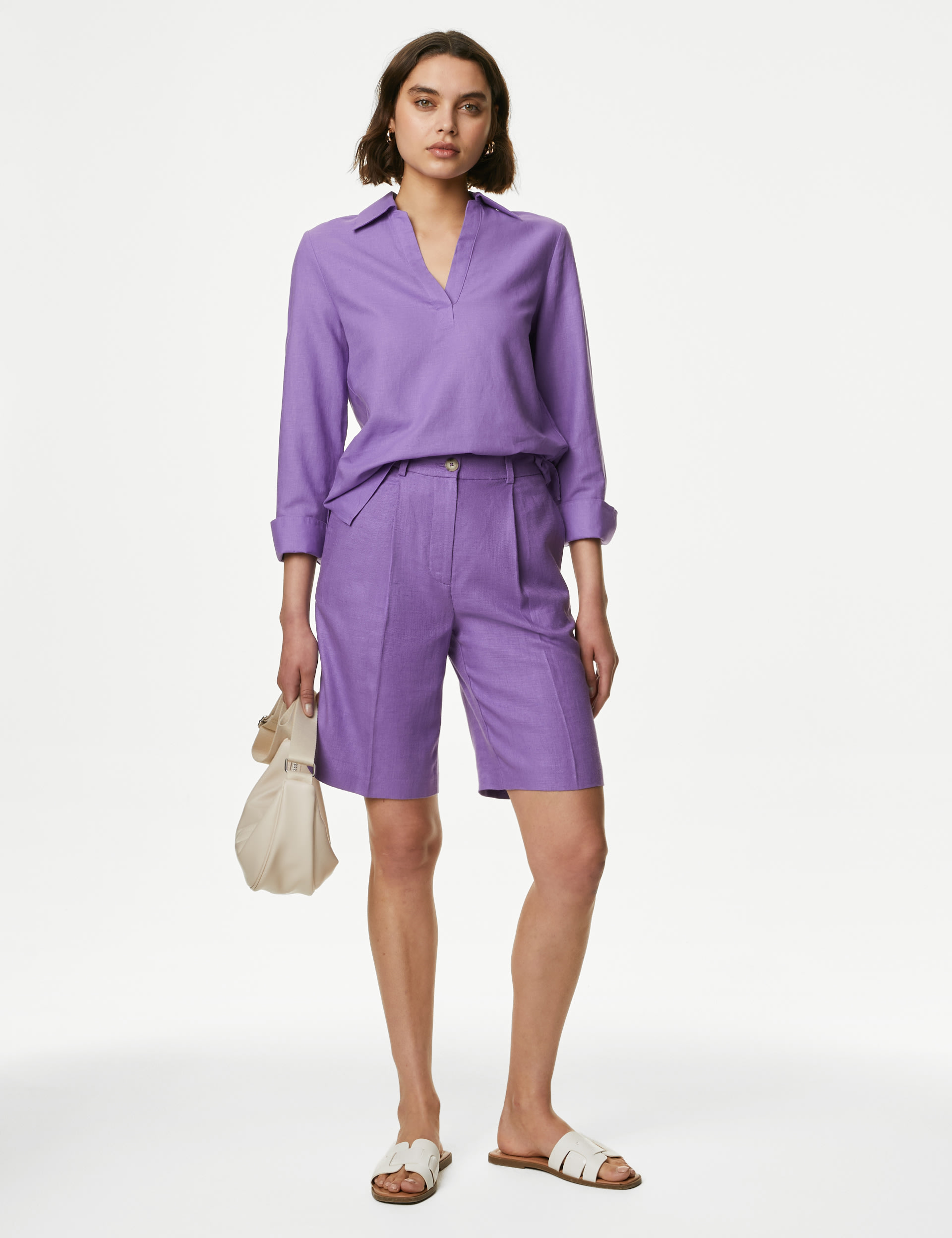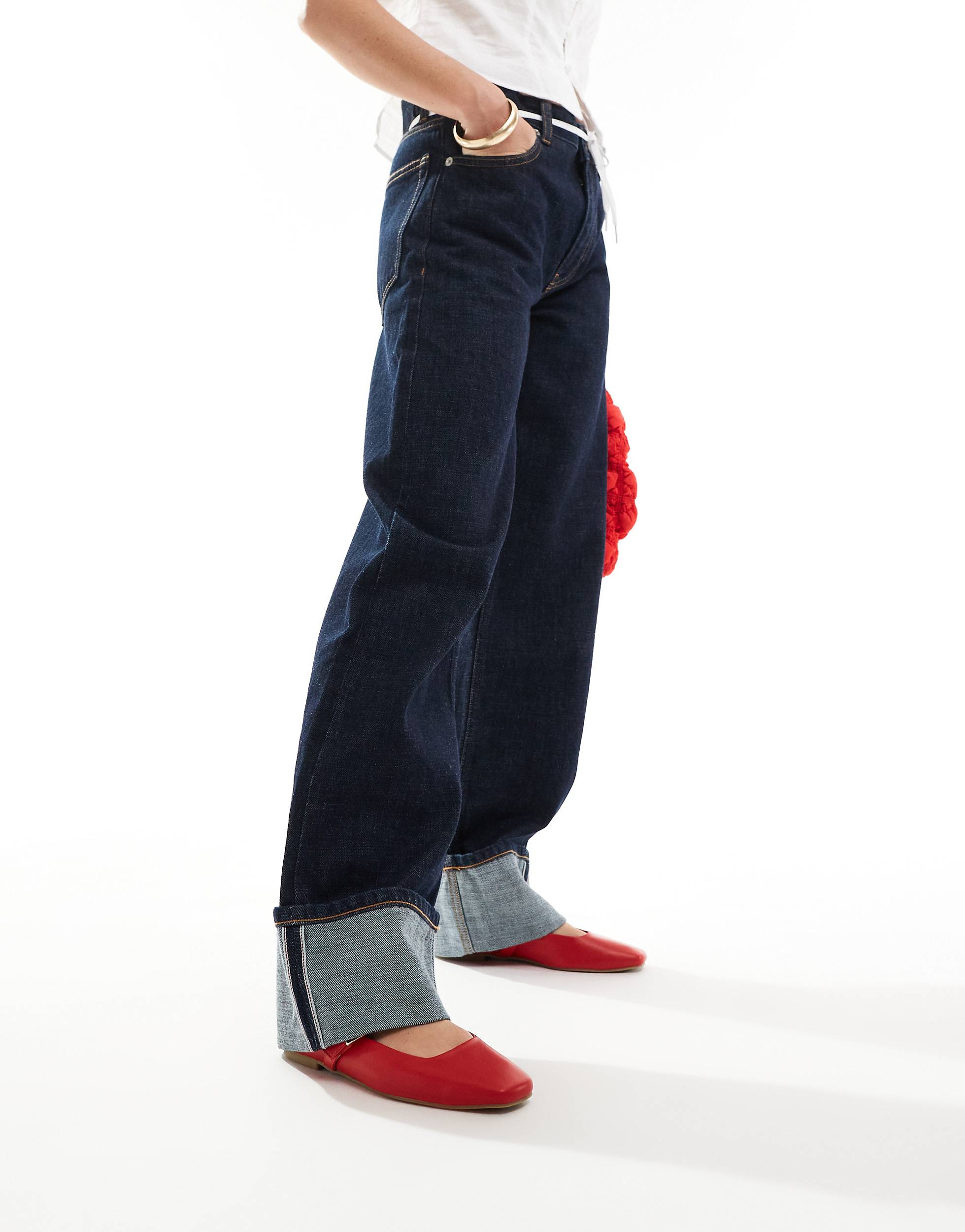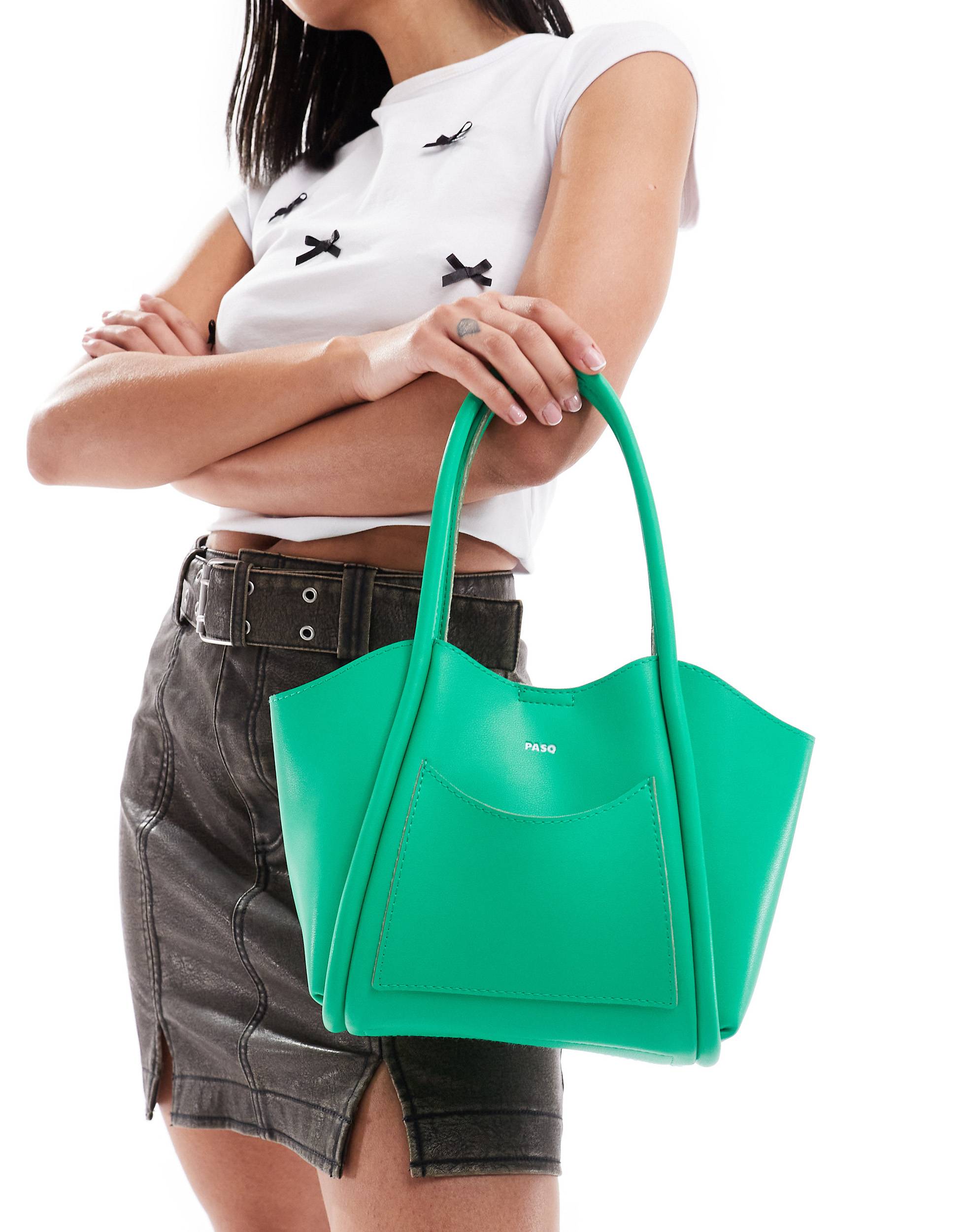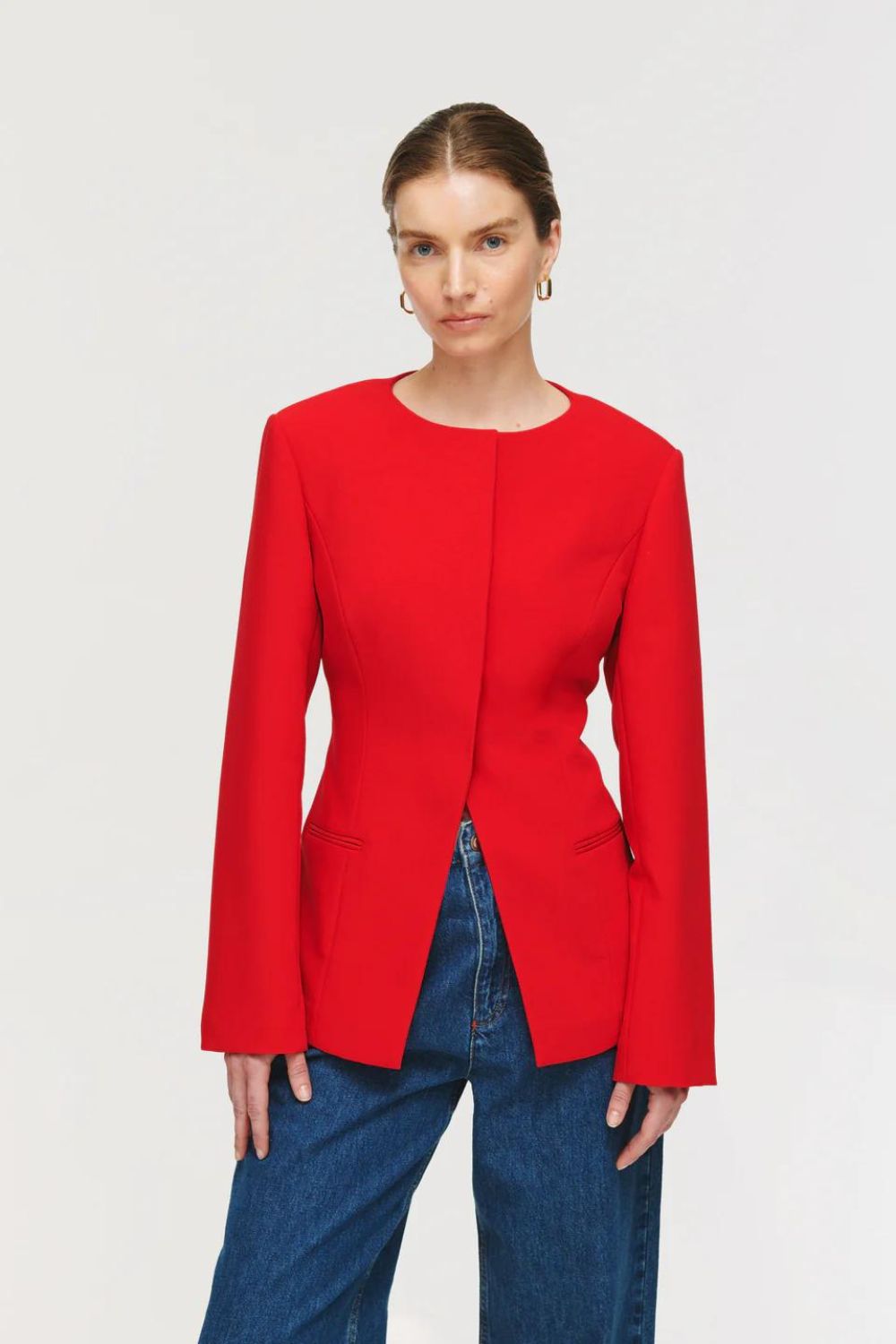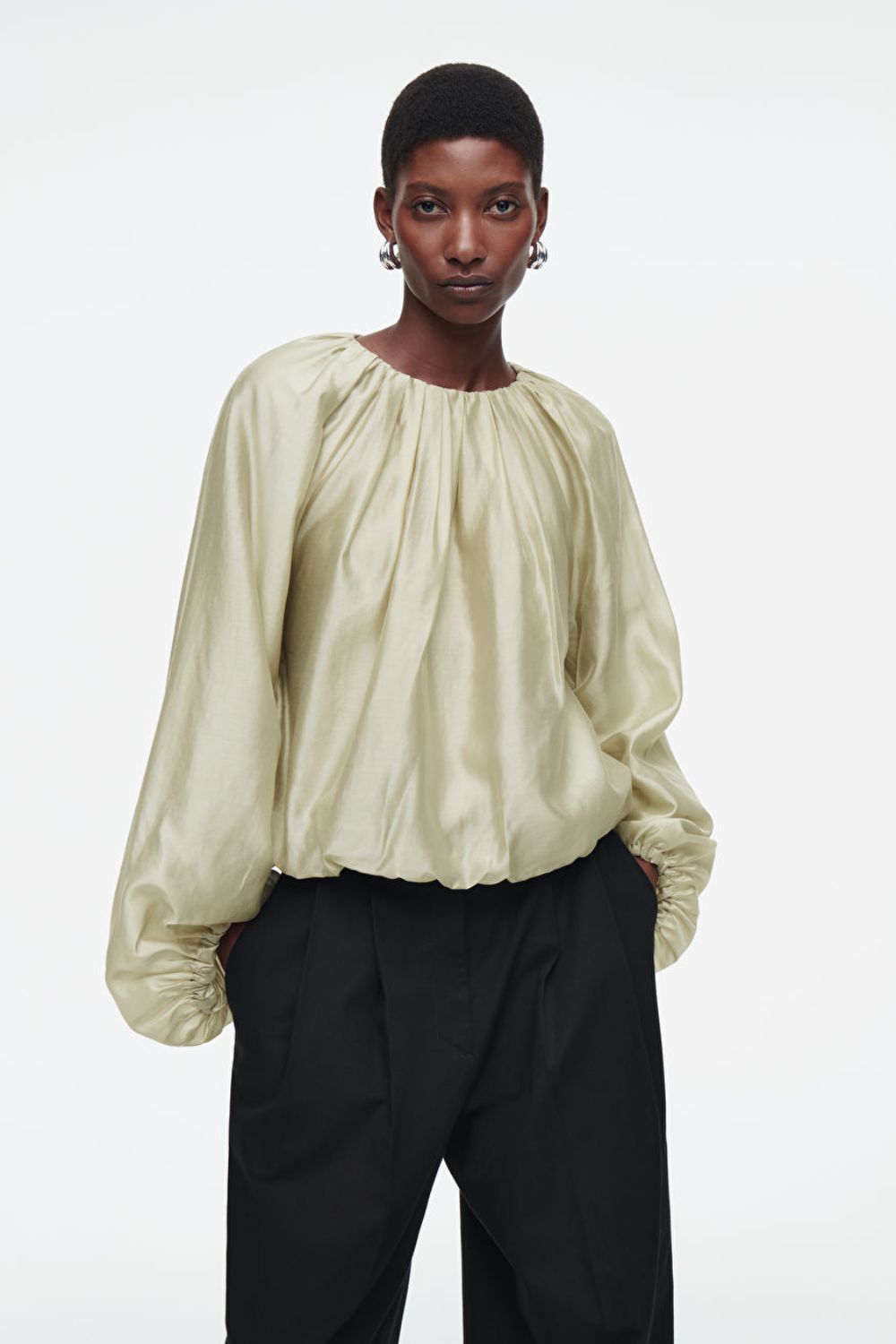Forget power dressing, dopamine dressing is the true tour de force
Meet the politicians ditching the old codes and showing their true colours
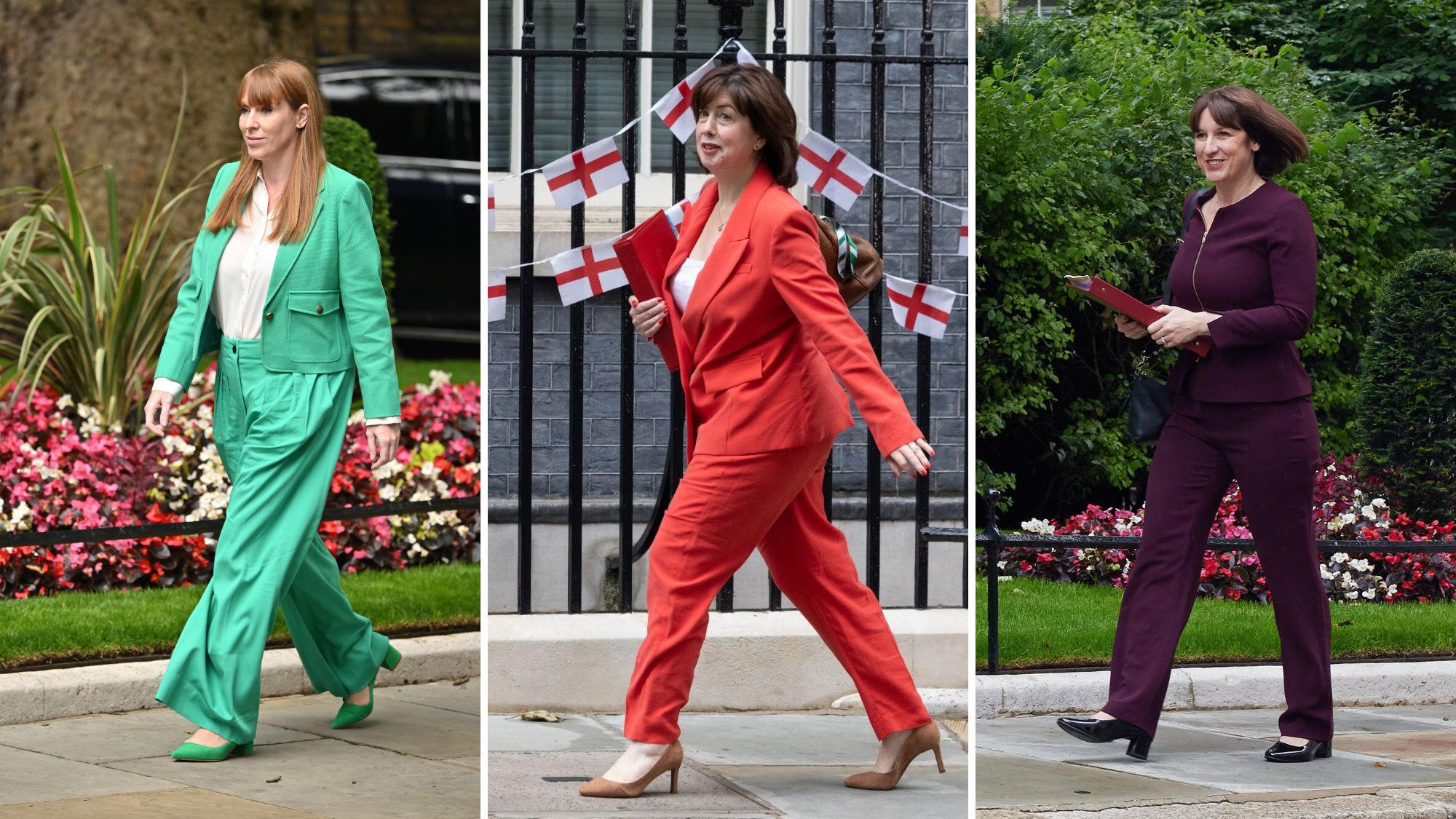

Staid suiting, once synonymous with British politics, has gone the way of stiff upper lips - out of touch and out of fashion. One week into the new government, Sir Keir Starmer’s cabinet has heralded a bolder wardrobe and hopefully a brighter future to boot.
For the most part, the stuffy grey suits and slickly polished shoes were gone. Instead, the first cabinet meeting in Downing Street was awash with colour: shamrock green, magenta, and rose red—fittingly for the new Labour government.
Though I bristle against the focus on female politicians’ clothing given that male politicians are rarely subjected to the same sartorial scrutiny (unless they’re single-handedly sending Adidas’ stock prices plummeting), it would be remiss to pretend our outfit choices don’t have wider implications.
Angela Rayner, whose love of colours is well-documented, caused a ruckus in the mainstream media by daring to wear—wait for it—a £550 spearmint suit by British label ME+EM. The alleged offence? The price tag supposedly betrayed Rayner’s working-class roots, causing journalist Laura Craik to wonder, “What, exactly, is a “working class” woman supposed to wear?”
In the ’80s, when women were shattering glass ceilings in a booming economy, ‘power dressing’ was about mirroring male dress codes, hence all those shoulder pads and diaphanous suits.
Today, seeing our elected leaders depart from this traditionally masculine style DNA is a breath of fresh air. The looser look also more accurately represents how much of the British public dresses. According to Forbes, 14% of UK workers are fully remote and data from the Office for National Statistics indicates that 28% of us have a hybrid working model.
Ellie Middleton, a self-described “dopamine dressing autistic ADHDer,” who works with brands like Google, LinkedIn and eBay to help them cater to neurodiversity, says she sees dressing colourfully at work as a “rebellious act, especially male-dominated industries”. The Unmasked author says she wants people to know that success doesn’t have to equal suits.
Celebrity news, beauty, fashion advice, and fascinating features, delivered straight to your inbox!
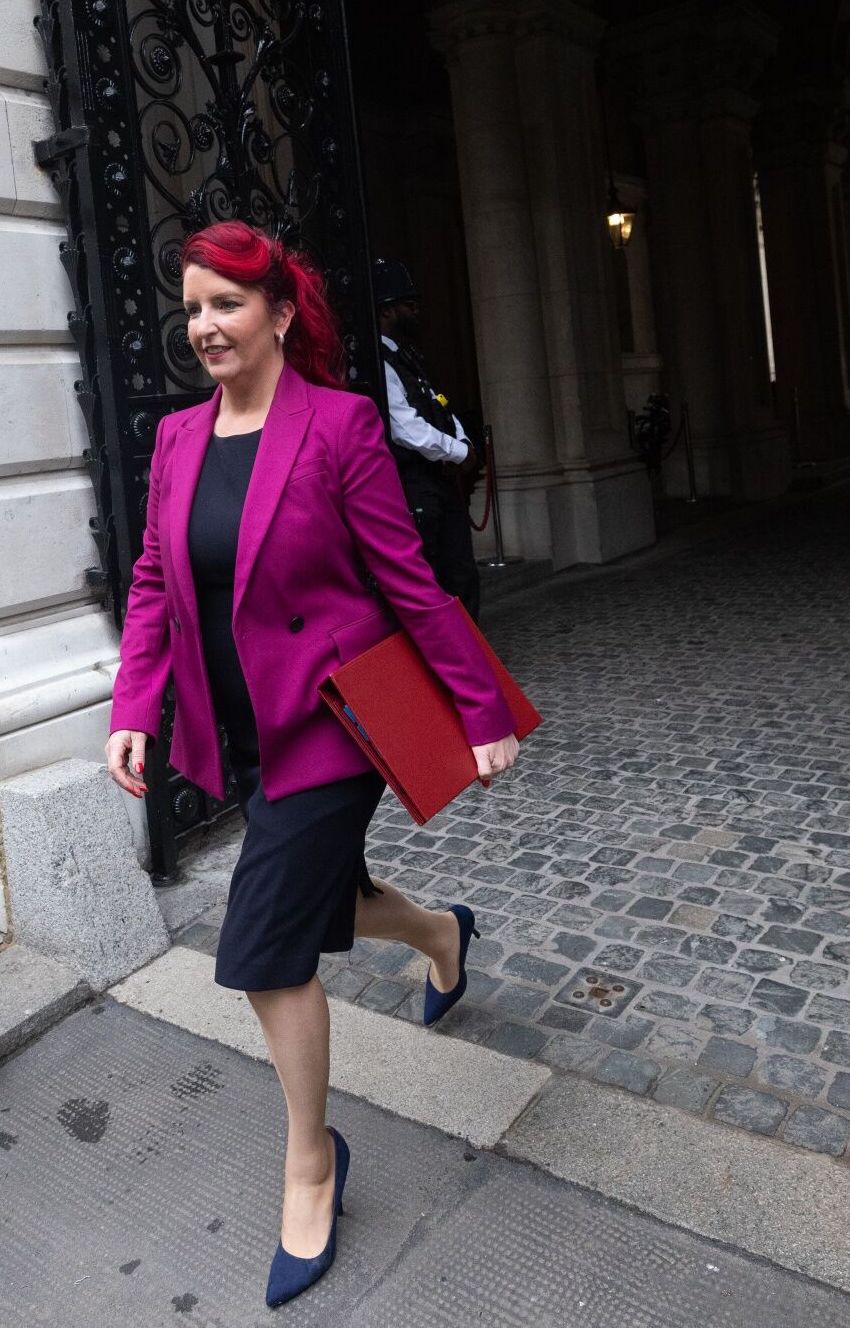
It could all be a canny choice; cosplaying as being ‘of the people’ is hardly a new political move, but compared to the almost archaically formal uniform of the previous government, the literal loosening of the shirt tie hopefully signals a less rigid government and a move away from the policies and austerity programmes of the previous government.
A more joyful approach to dressing might not exactly match the times just yet, but it’s a refreshing start.
Shop our dopamine dressing workwear picks

Mischa Anouk Smith is the News and Features Editor of Marie Claire UK.
From personal essays to purpose-driven stories, reported studies, and interviews with celebrities like Rosie Huntington-Whiteley and designers including Dries Van Noten, Mischa has been featured in publications such as Refinery29, Stylist and Dazed. Her work explores what it means to be a woman today and sits at the intersection of culture and style. In the spirit of eclecticism, she has also written about NFTs, mental health and the rise of AI bands.
